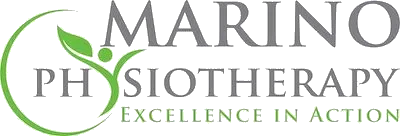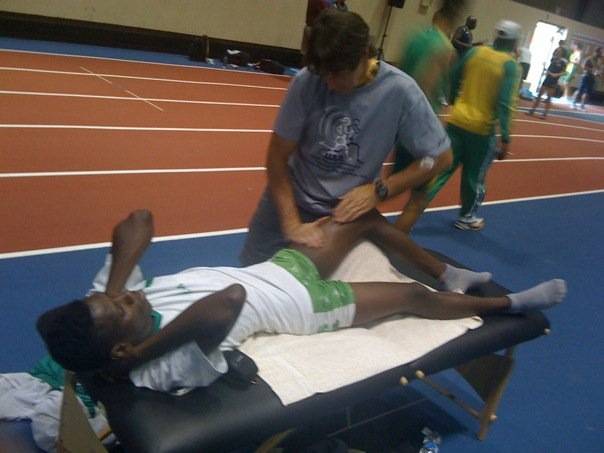Many elite runners enlist the aid of a team of professionals to support them on the road, such as sports psychologists, strength coaches, nutritionists and massage therapists. Running puts runners’ bodies under tremendous strain, so they need extra assistance in recovering. A massage can aid with circulation, flexibility and recovery by improving flexibility.
Pre-Race
Massage therapists are often included in runners’ training regimens due to the health benefits, ability to avoid overuse injuries, increased performance levels and flexibility. Regular massages help keep runners in optimal condition for competition or just plain relaxing! Greg Lehman, a physiotherapist and chiropractor, suggests two types of massages that can be beneficial for runners: Swedish and deep tissue. Both techniques work by relieving muscle tension as well as breaking up adhesions or minor scar tissue between muscles and fascia (the sheath surrounding them).
Both are beneficial at relieving inflammation, improving circulation and flushing out waste products from the body that accumulate during hard runs. It is recommended that athletes receive a sports massage at least once each week during their initial 4-6 weeks of training, increasing it to once per week in the final weeks before an important race.
Deep tissue massage, usually performed by a trained professional, is an all-over full body massage that uses firm strokes and trigger point releases to reduce tension and stiffness while improving circulation and flexibility. It’s recommended that athletes receive deep tissue massages regularly during and outside of training cycles in order to help protect themselves against potential injuries.
Post-Race
After a marathon, receiving massage can feel like an incredible reward for all your hard work. Research has even demonstrated that massage reduces pain after marathons, aids recovery faster and prevents injury. So why not give yourself some well-deserved R&R after each race?
Regular massage sessions for runners are recommended to enhance performance and reduce the risk of injuries. This is especially crucial during periods of intense training or when running longer distances than ever before.
Deep tissue and sports massage should be scheduled periodically to target tight muscles or adhesions. Both types of massage use intense pressure that may cause irritation or delayed soreness.
If you’re uncertain which type of massage to get, ask your therapist for guidance. They are the experts on administering a session tailored towards meeting your training goals and recovery requirements. To find the right therapist, visit our contact page and get in touch with our team of specialists at Marino Physiotherapy.
Weekdays
Running requires miles of repetitive physical activity that puts a significant strain on muscles and body. Over time, this stress can lead to microdamage in muscles and tendons which can have an adverse effect on performance.
Sports massage is an effective way to prevent injury, reduce soreness and enhance flexibility and range of motion (ROM). Furthermore, it improves circulation and eliminates metabolic waste which helps expedite recovery time from injury.
Running should receive massages on a regular basis, though the frequency can vary based on each runner and their training goals. For optimal results, schedule a massage once or twice every month to maintain muscle strength and elasticity as well as reduce the risk of injury.
At training sessions, athletes should receive deep tissue massages to release tightness and adhesions from beneath the muscle and fascia layers. Unlike trigger point therapy which works only at certain points, deep tissue massage works throughout the entire muscle and fascia structure.
Weekends
Running requires regular massages to keep their bodies in optimal condition. Not only is it helpful for avoiding injuries while increasing muscle flexibility – an essential factor for performance.
Sports massage can enhance runners’ muscle length and pliability by using kneading and stroking techniques to reduce tension in the muscles. This allows the muscles to utilize blood supply more efficiently as well as remove metabolic waste, leading to improved performance.
One other advantage for runners is they often experience reduced delayed onset muscle soreness (DOMS) within 48 hours after an intense workout or race. This can speed up recovery and leave you more prepared for your next run. If you’re experiencing foot and ankle pain, consider scheduling a massage to help alleviate the discomfort.
For most weekend warriors, it is advised to wait a day or so before getting a deep tissue massage. This ensures their breathing and heart rate have returned to a normal resting state.



